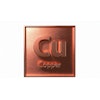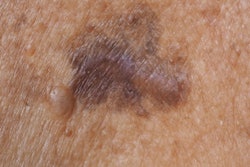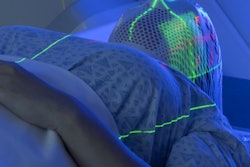Radiologist peer review improves the rate of clinically meaningful changes to radiation therapy (RT) planning, researchers have reported.
RT plan quality "is an established predictive factor associated with cancer recurrence and survival outcomes," and "the addition of radiologists to the peer review (PR) process may increase RT plan quality," wrote a team led by Ryan Hughes, MD, of Wake Forest University School of Medicine in Winston-Salem, NC. The findings were published December 27 in JAMA Network Open.
Hughes and colleagues conducted a literature review to investigate the rate of changes to the RT plan with and without radiology involvement in peer review of radiation targets. The review included 31 articles that reported results from peer review of radiation targets with or without radiology involvement that the team found on PubMed, Scopus, and Web of Science from these databases' inception through March 6, 2024. The 31 articles tracked results from 39,509 RT plans (390 with radiology involvement and 39,119 without).
The investigators found the following:
- A pooled rate of plan changes of 29%.
- Radiologist participation in peer review translated to significant increases in plan change rates (49.4% vs. 25%, p = 0.02) and in clinically relevant major changes (47% vs. 10.2%, p < 0.001).
- No difference in minor changes to RT planning (15.2% vs. 13.8%, p = 0.74).
- The highest rates of plan changes were found in head and neck or lung cancer studies and studies with peer review before RT planning.
"[Our study found that] radiologist involvement in peer review was associated with a significant increase in the rate of total and clinically meaningful changes to the RT targets with no change in minor change rates," the group concluded. "These results support the value of interdisciplinary collaboration with radiology during RT planning."
The full study can be found here.



















